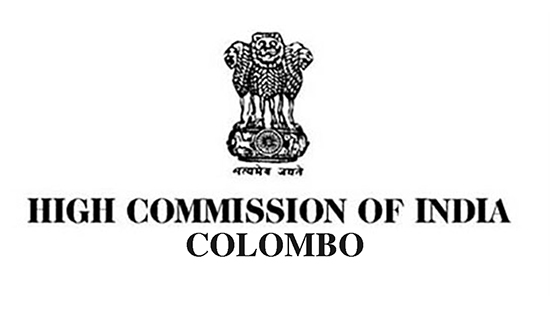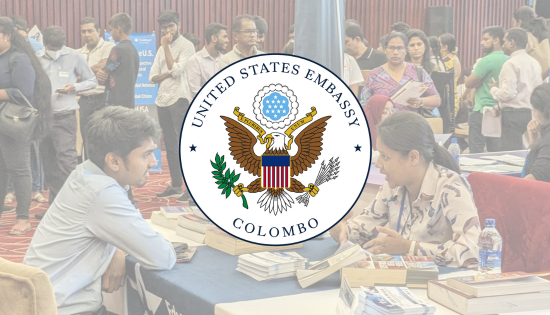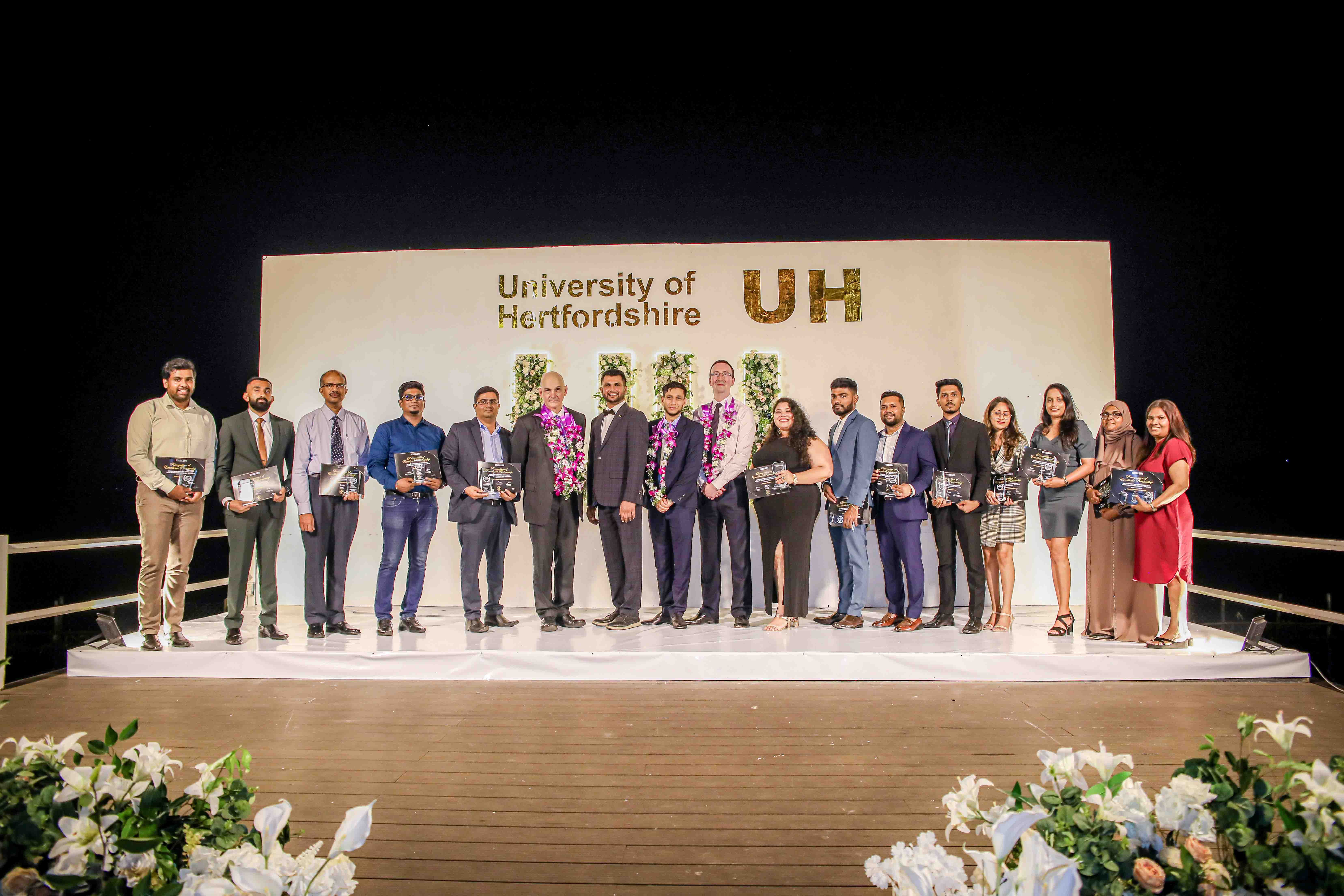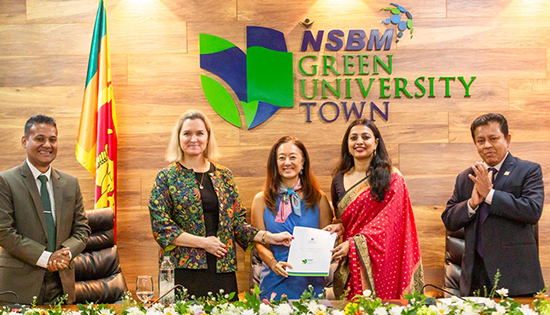TAFE vs University, which is the Better Choice for Studying in Australia?
Navigating the educational landscape in Australia presents a pivotal decision for aspiring students, particularly those from Sri Lanka seeking to enhance their qualifications. The choice between Technical and Further Education (TAFE) institutions and traditional universities hinges on various factors, including cost, course duration, employment prospects, and learning styles.

Cost Considerations
Financial implications play a significant role in educational decisions. TAFE courses are generally more affordable than university programs, primarily due to their shorter duration. Depending on the course and any available subsidies, a TAFE certificate or diploma can range from $200 to $19,000. In contrast, a bachelor’s degree at a university can cost between $16,000 and $40,000.
Duration and Structure of Courses
The time commitment required differs notably between TAFE and university studies. TAFE offers courses ranging from a few months up to two years, providing certificates or diplomas upon completion. Universities, however, typically require a minimum of three years for a bachelor’s degree, with master’s and doctoral programs extending beyond that.
Employment Outcomes
Employment prospects post-graduation is a crucial consideration. Recent data indicates that 84% of individuals aged 15-74 who completed a non school qualification in 2023 were employed in 2024. Additionally, university graduates have seen improved employment rates, with the undergraduate employment rate reaching 79% and the overall employment rate increasing to 88.9% in 2023.
Learning Approach and Practical Experience
TAFE institutions are renowned for their hands on, practical approach to education, aligning closely with industry needs. This practical focus often leads to direct employment opportunities, as students gain experience during their studies. Universities, conversely, emphasize theoretical knowledge and research, which may suit those pursuing careers in academia or fields requiring extensive theoretical understanding.
Entry Requirements and Pathways
TAFE courses typically have more accessible entry requirements, often accepting students with Year 10, 11, or 12 certificates, depending on the course level. Universities usually require a higher Australian Tertiary Admission Rank (ATAR) score and may have additional prerequisites. Notably, TAFE can serve as a pathway to university education, allowing students to progress to higher-level qualifications, often with credit transfers.
Campus Experience and Learning Environment
The campus experience varies between TAFE and university settings. Universities often offer larger campuses with a broader range of extracurricular activities, providing a traditional student life experience. TAFE institutions, while sometimes sizable, tend to focus more on delivering specific training with a direct pathway to employment, offering a different campus atmosphere.
For Sri Lankan students contemplating studies in Australia, the decision between TAFE and university depends on individual career goals, financial considerations, and preferred learning styles. TAFE offers cost effective, practical training with shorter course durations, leading to swift entry into the workforce. Universities provide in depth theoretical education, which may be essential for certain professions. Evaluating personal objectives and the specific requirements of the desired career path is essential in making an informed choice.
Related News
Apply Now: French Embassy Research Scholarships 2025 Open for Applications
The French Embassy in Sri Lanka and the Maldives is proud to announce the opening of its annual call for applications to…
Read MoreGCE A/L Results Release Update – www.doenets.lk
The Department of Examinations has announced that the results of the 2024 G.C.E. Advanced Level examination will be released after April 20.…
Read MoreAngelo Mathews Named Brand Ambassador for The Next Education Consultancy & BIMT Campus
In a landmark move that bridges excellence in education with the spirit of sporting greatness, The Next Education Consultancy and BIMT Campus…
Read MoreAustralasian Academy Hosts Thrilling Inter-Culinary Competition 2025
The culinary scene at Australasian Academy was set ablaze with talent and passion as students showcased their exceptional culinary skills at the…
Read MoreEmbassy of Sri Lanka in Washington, D.C. facilitates partnership between NSBM Green University and American University
The NSBM Green University Sri Lanka and the American University (AU) Washington, D.C. formalized an academic partnership, marking a significant milestone in…
Read MoreCourses
-

IMC – Bachelor of Psychology
IMC Education Overview IMC Campus in partnership with Lincoln University College (LUC) Malaysia offers Bachelor of Psychology Degree right here in Sri… -

ANC – BA (Hons) International Business Management (Top-Up)
ANC Education Overview Designed in partnership with public and private business organizations, this program develops one’s ability to critically evaluate business models… -

IIT – BSc (Hons) Computer Science
IIT Campus Overview BSc (Hons) Computer Science provides a solid foundation and training regarding the fundamentals of the computer science field, along… -

APIIT – BSc (Hons) Cyber Security
APIIT Sri Lanka Overview Our BSc (Hons) Cyber Security award is designed to launch your future career in the protection of software… -

ICBS – BSC (Hons) Business Management with Marketing Management
ICBS Overview The BSc (Hons) Business Management with Marketing program, awarded by Queen Margaret University (QMU), is a highly regarded degree that… -

UTS – Diploma of Science
UTS College Sri Lanka Overview The Diploma of Science is designed to empower you to apply scientific thinking and analysis to important… -

CSA – Master of Architecture and Environmental Design
City School of Architecture Overview The Master of Architecture and Environmental Design Degree at CSA is awarded by the University of the… -

APIIT – BSc (Hons) International Business Management
APIIT Sri Lanka Overview Increasingly businesses are becoming more and more international. This requires business management professionals to have knowledge, skills and… -

IIT – BSc (Hons) Artificial Intelligence And Data Science
IIT Campus Overview The BSc (Hons) Artificial Intelligence and Data Science course is awarded by Robert Gordon University (RGU) in the UK… -

ICBS – International Degree Foundation in Business / IT
ICBS Overview The Scottish Qualification Authority (SQA) is a globally recognized organization dedicated to education and qualification development. SQA is responsible for… -

APIIT – BA (Hons) Finance and Business Enterprise
APIIT Sri Lanka Overview Finance and accounting are no longer just about taxation and the management of financial capital. This award will… -

APIIT – MBA General
APIIT Sri Lanka Overview The MBA is awarded by Staffordshire University, UK. This award is an advanced course of study in management… -

ANC – LLM in International Business & Commercial Law
ANC Education Overview This course is designed for graduates of law, business and finance in a legal or a corporate job role… -

AOD – BA (Hons) Fashion Design and Marketing
Academy of Design Overview The syllabus is from the UK’s Northumbria University, as one of their most revered flagship programmes and is… -

APIIT – MSc. Marketing Management
APIIT Sri Lanka Overview This MSc Marketing Management degree – awarded by Staffordshire University, UK is an advanced course of study in…
Newswire
-

11 restaurant workers arrested over Galle customer assault
ON: April 18, 2025 -

Man arrested for shooting at Church in Manampitiya
ON: April 18, 2025 -

IPL points table 2025 | Standings
ON: April 18, 2025 -

“The President has sunk to a very low level” – SJB MP Nalin Bandara
ON: April 18, 2025











